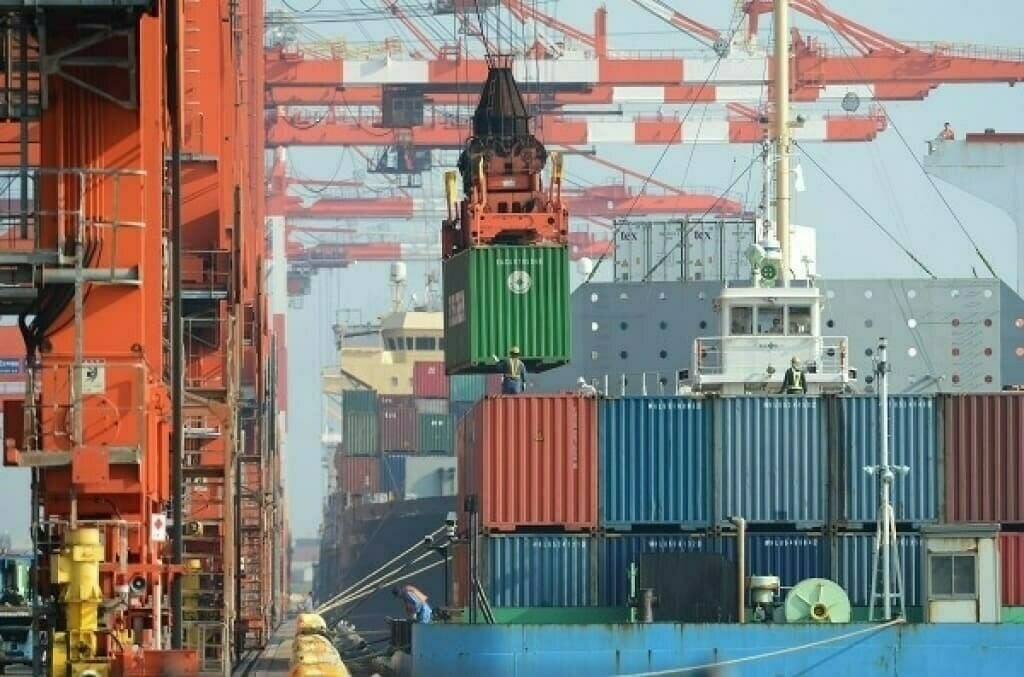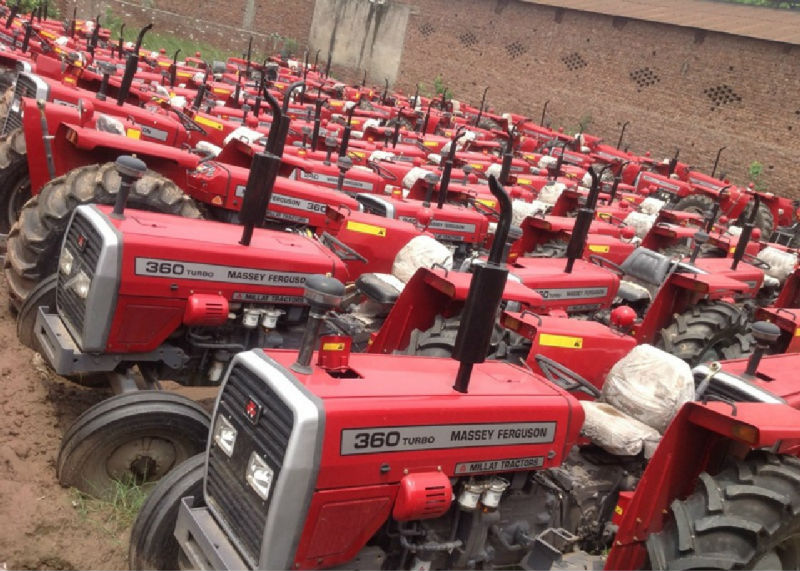Mohsin Siddiqui (Chief Reporter)
The Federal Board of Revenue (FBR) issued an important update affecting manufacturers-cum-exporters utilizing the Export Facilitation Scheme (EFS). With the introduction of SRO.1042(I)/2024, significant amendments have been made to the Customs Rules. The primary change mandates that users of the EFS will now be required to pay sales tax on the procurement of local input goods used in finished products. This development represents a shift from the previous policy where local input goods liable to sales tax were supplied against a zero-rated invoice.
Under the revised rules, manufacturers-cum-exporters must now pay sales tax on local input goods. Previously, these goods were supplied against a zero-rated invoice, exempting users from sales tax. This change aims to streamline the tax collection process and ensure compliance.
Users of the EFS are entitled to acquire input goods without the payment of customs duty, federal excise duty, sales tax, or withholding tax, as per their authorization. All such acquisitions must be retained in the manufacturing facility or premises declared under these rules.
Input goods may be imported free of duty and taxes upon filing a Goods Declaration, which includes the number of the granted authorization. This provision allows manufacturers to import necessary materials for their production processes without incurring additional costs.
The changes in tax policy, the FBR has also expanded the scope of the EFS to benefit manufacturers-cum-exporters, particularly those in the textile sector. The revised rules now permit the importation of certain textile inputs against an allocated quota.
Tags and printed materials supplied by a foreign supplier can now be imported without quantitative restrictions and without involving foreign exchange from Pakistan.
Items such as buttons, belts, pads, Velcro tapes, hangers, special labels, price labels, tags, special buttons, push buttons, rivets, eyelets, buckles, special brand tags, zippers, locker loops, unit soles with heels, soles, heels, valves and bladders for footballs, textile designs, artwork transparencies, polypropylene woven and jute bags can be imported for use in various textile products like readymade garments, foundation garments, textile made-ups, and footwear.
The import of these items is subject to an allocated quota and the input-output ratio declared by the EFS user. This ensures that imports are consistent with production needs and regulatory standards.The approval and verification process for these imports will be handled by the Regulatory Collectorate without referring the case to the Input-Output Coefficient Organization (IOCO) or the Engineering Development Board (EDB). This streamlining aims to reduce bureaucratic delays and facilitate smoother import processes.
The requirement to pay sales tax on local input goods will necessitate adjustments in accounting and procurement practices. Manufacturers will need to ensure they comply with the new tax obligations to avoid penalties.
The expanded scope of the EFS provides greater flexibility and access to essential textile inputs. This can enhance production capabilities and competitiveness in the global market.
By simplifying the approval and verification process, the FBR aims to reduce administrative burdens on manufacturers. This can lead to faster turnaround times for importing necessary materials.




